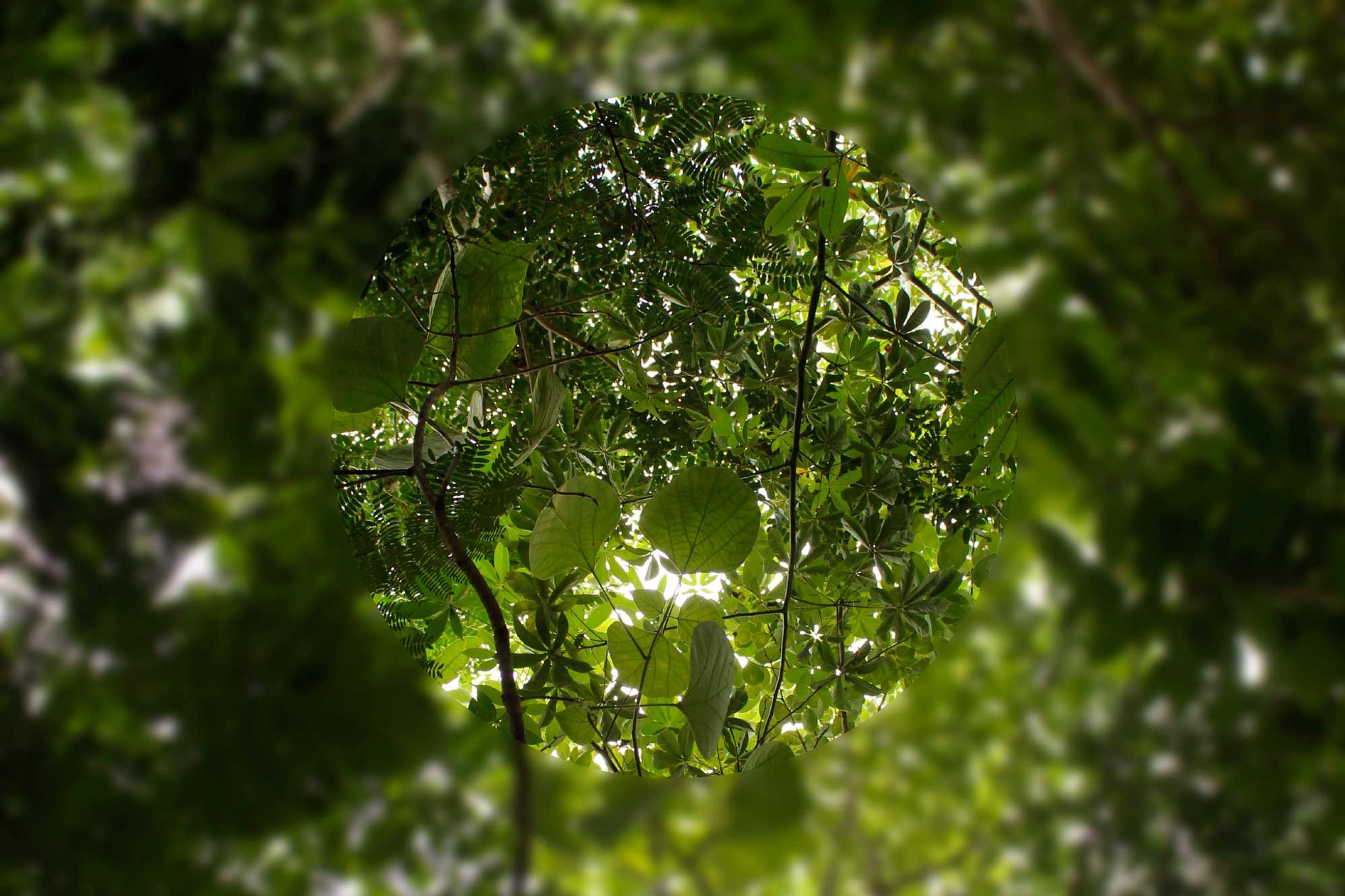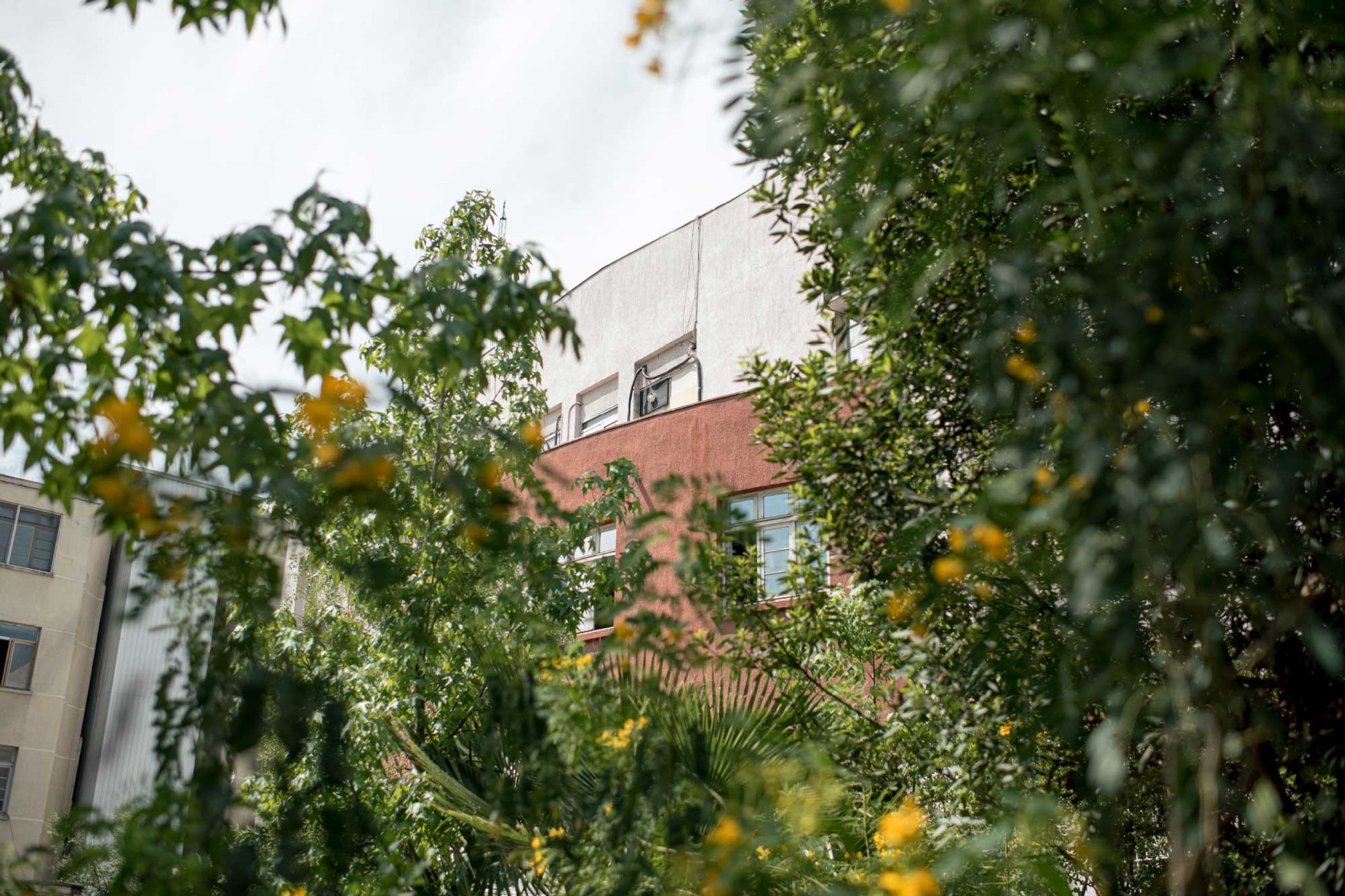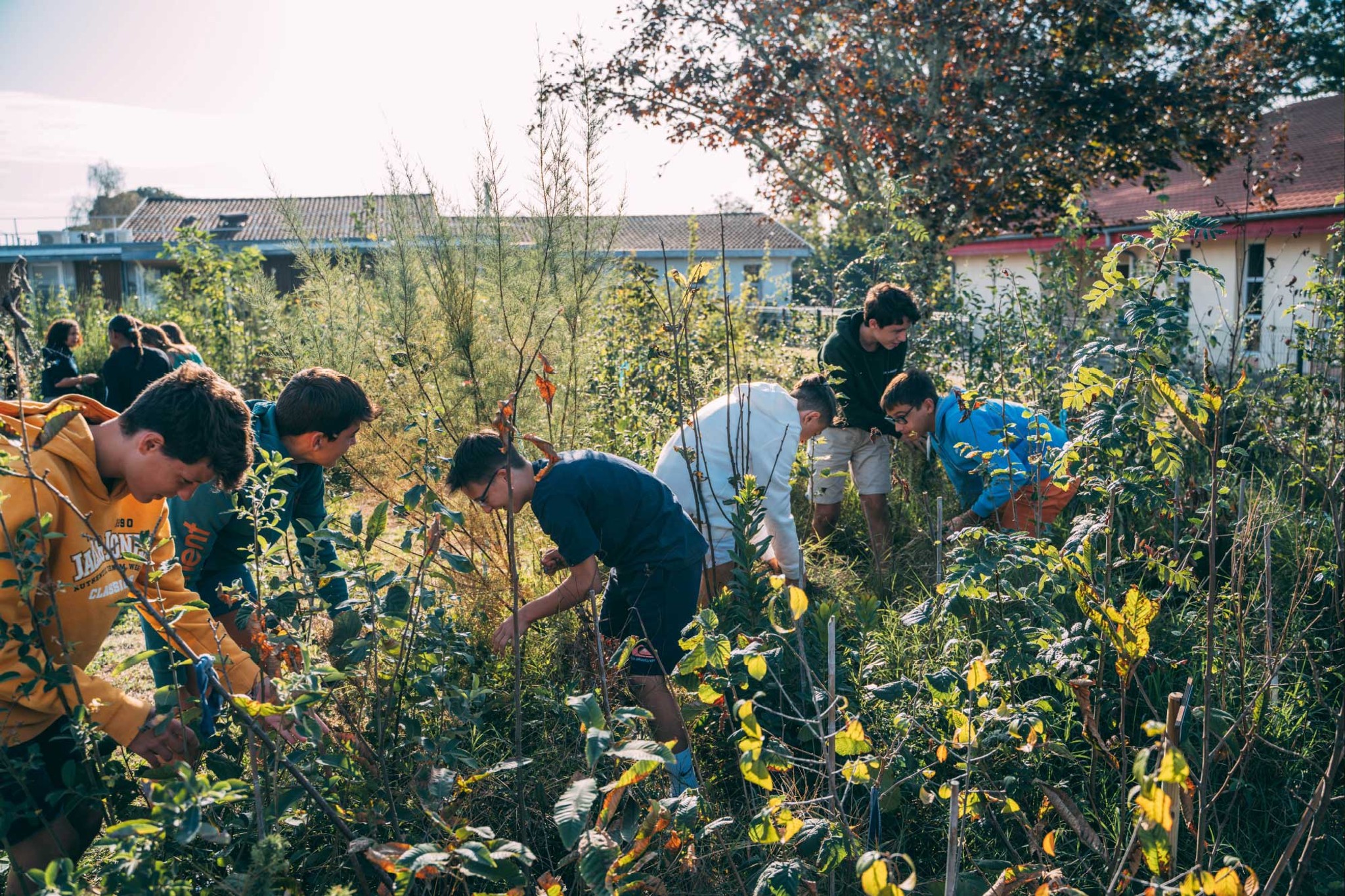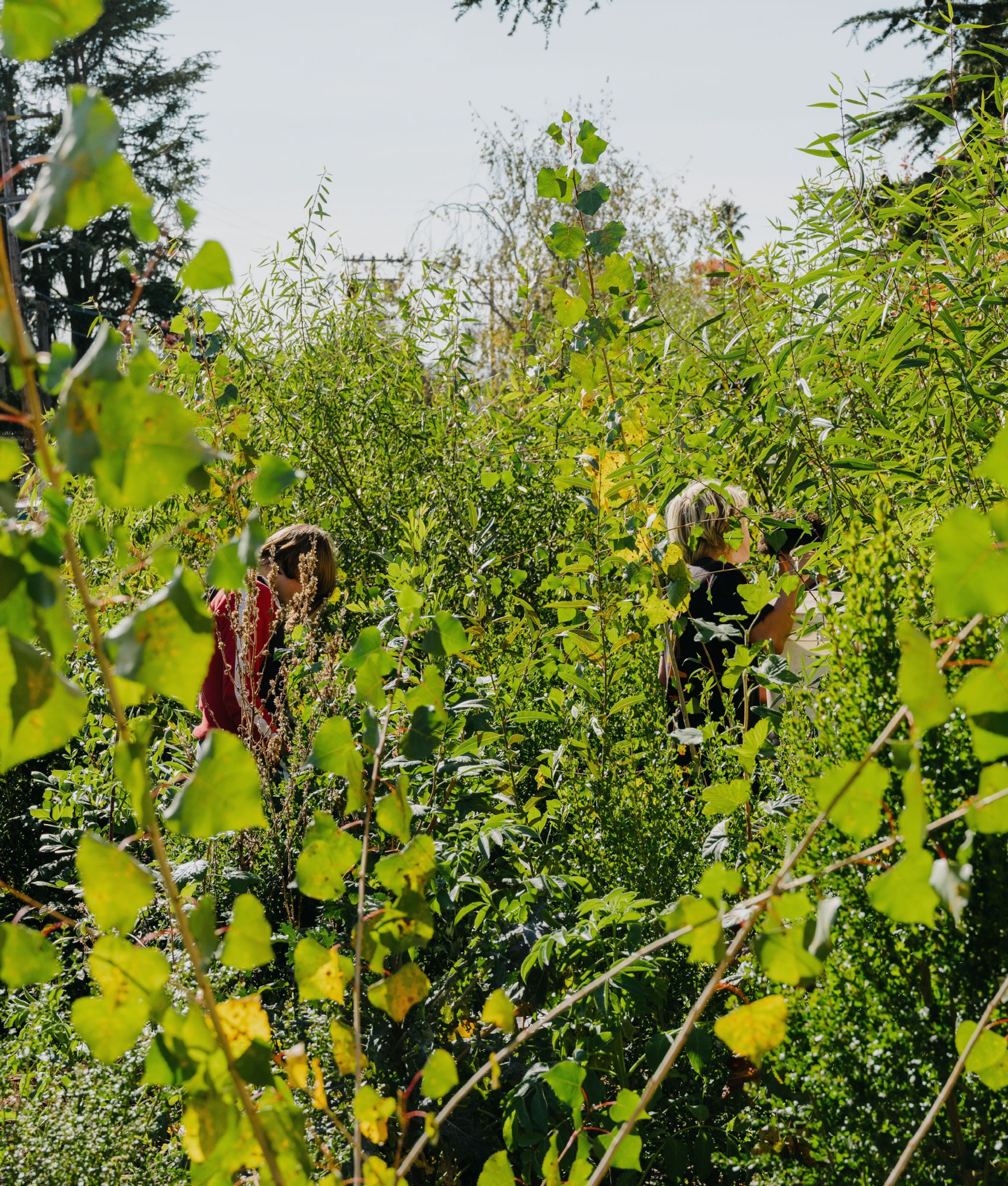SUGi Pockets Forests for Nature Deficit Disorder

The Nature Deficit Disorder is a non-medical term used to describe the negative effects of spending less time in nature.
The term was conceived by author Richard Louv and it helps give shape to a growing body of research on the subject.
A stark 2016 study* showed that 75% of UK children spend less time outdoors than prison inmates. To put this into perspective, UN guidelines require inmates to receive at least one hour of time spent in open air. This suggests that 75% of UK children spend less than an hour outside each day.
At SUGi we understand the importance of nature in the lives of children. Through our pocket forests and outdoor classrooms we want to encourage interactions with nature by bringing biodiversity back into their lives. Cultivating a sense of community, and an emotional bond to nature, we want to help develop environmentally friendly behaviors in their early lives while also promoting the formation of healthier habits.
While the majority of recent studies focus on the positive effects of time spent outdoors, lack of it has been suggested to contribute to a diminished use of the senses, attention difficulties, and higher rates of emotional and physical complaints.

Notably, studies in 2021 and 2022** found links between increased time indoors in childhood and the development of myopia in adults.
This was attributed to a lack of daily exposure to sunlight, and longer near-work sessions, meaning time spent reading/writing and on devices or watching TV. They found that daily exposure to sunlight and a restriction of long-duration near work activities might help mitigate pathological eye growth. In an attempt to combat the rising prevalence of myopia, some nations have implemented public health interventions that encourage children to spend more time outdoors.
The benefits of spending time in nature are endless. Children who meet the physical activity guidelines have a reduced risk of cardiovascular disease and type 2 diabetes, and time outdoors is also linked to better emotional wellbeing, improved cognitive and executive function. Research shows that access to green spaces encourages prosocial behaviors, like empathy and compassion, and concentration levels increase after periods outdoors.
At SUGi we build urban pocket forests and outdoor classrooms to reconnect children and communities to nature.
Helping cities build climate resilience while promoting physical and mental wellbeing, we want to bring biodiversity back where it's needed most.
0
Forests
0
Number of Schools
0
Youth Impacted

Trapa Trapa Forest — A place of peace for patients, families and caregivers.
This forest is located at the Sotero del Río Hospital, one of the busiest hospitals in Chile. It has been filled with indigenous medicinal species, inspired by the healing work of the hospital, to connect 21st century healthcare with indigenous knowledge.

Rion Des Landes College — Cultivating greenery and tranquilty for children in a treeless environment.
Before the planting of this SUGi Pocket Forest, this college in Rion des Landes had many outdoor spaces but a real lack of trees. Using the Miyawaki method, we planted 29 native species with the children, their teachers and families.
References:
** https://bmcpublichealth.biomedcentral.com/articles/10.1186/s12889-022-14377-1




